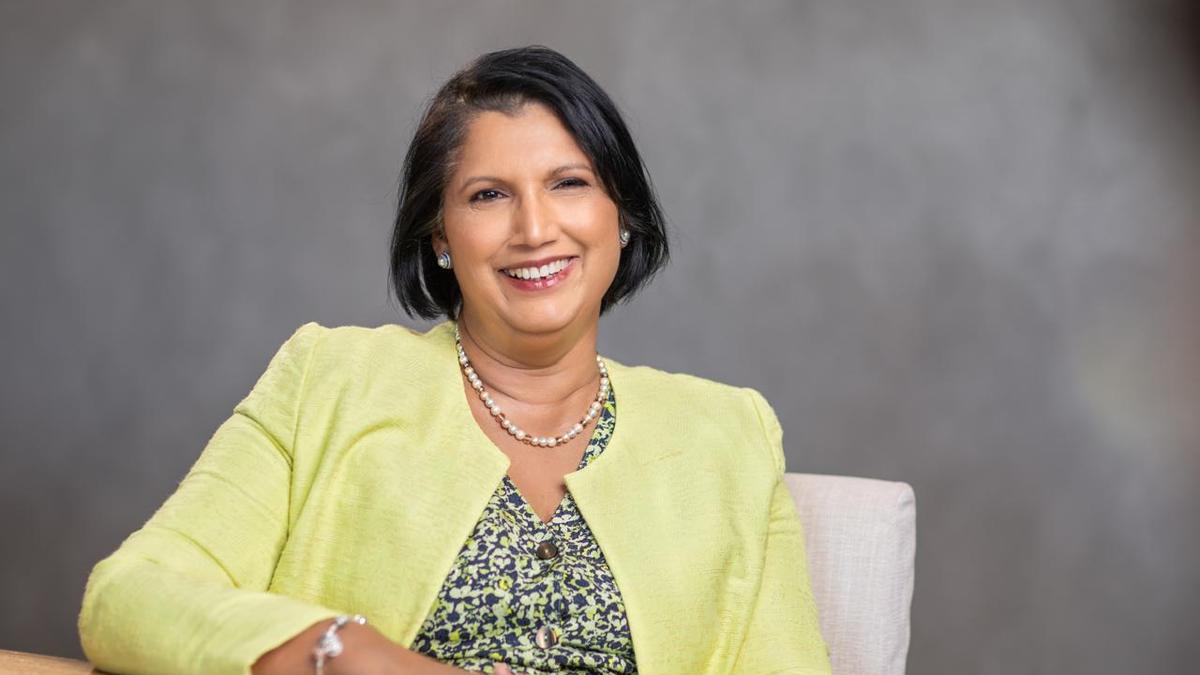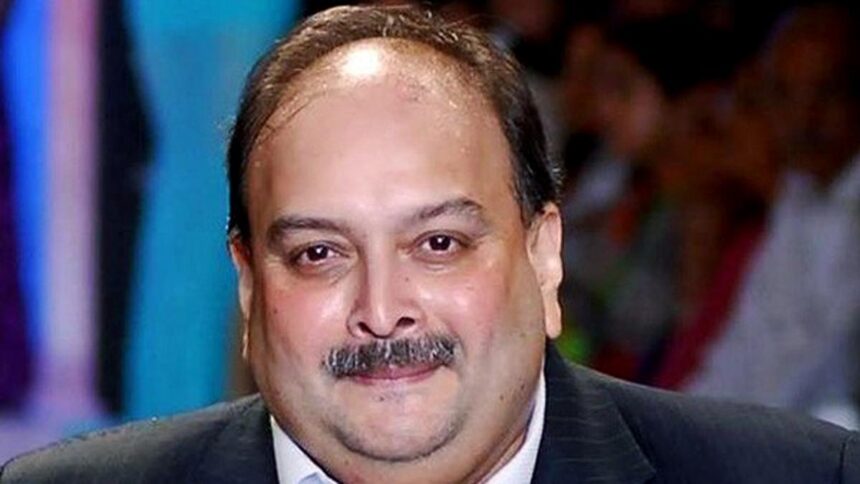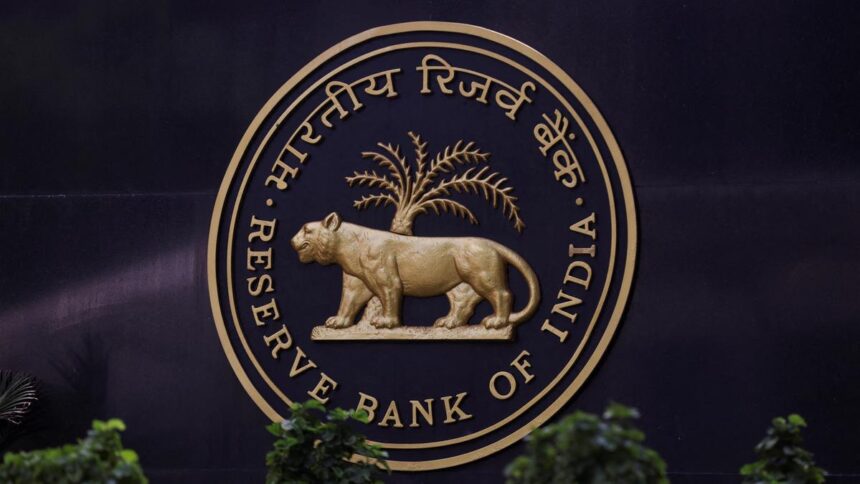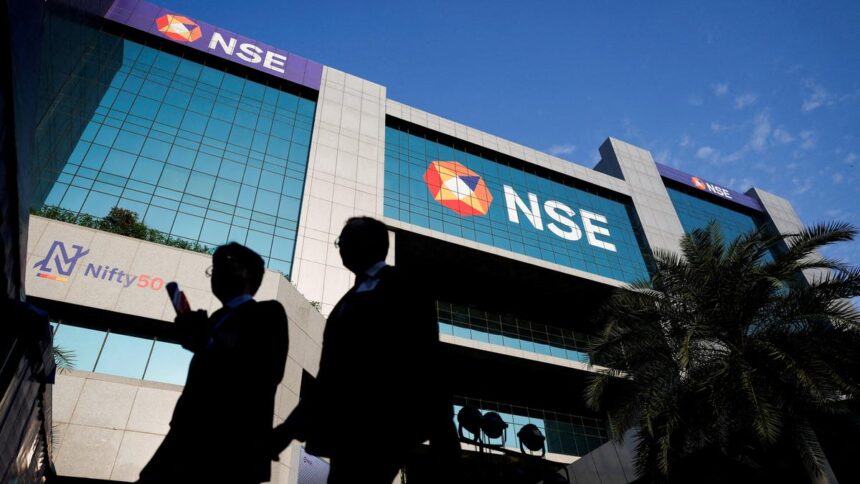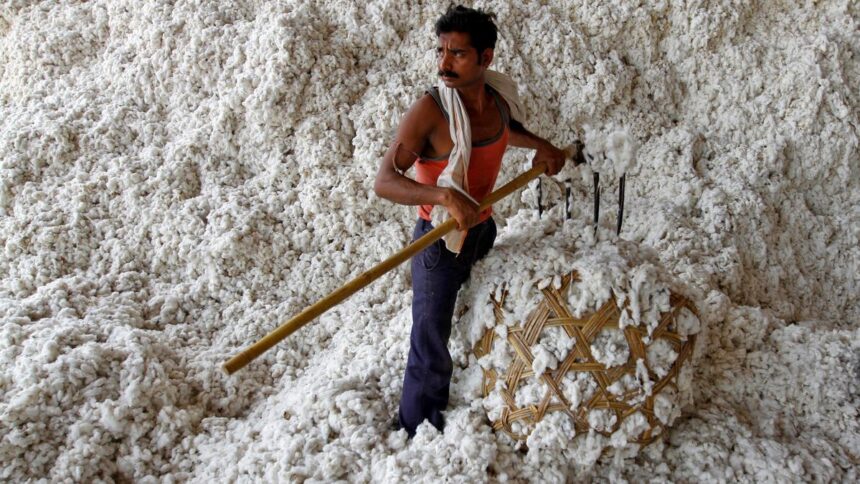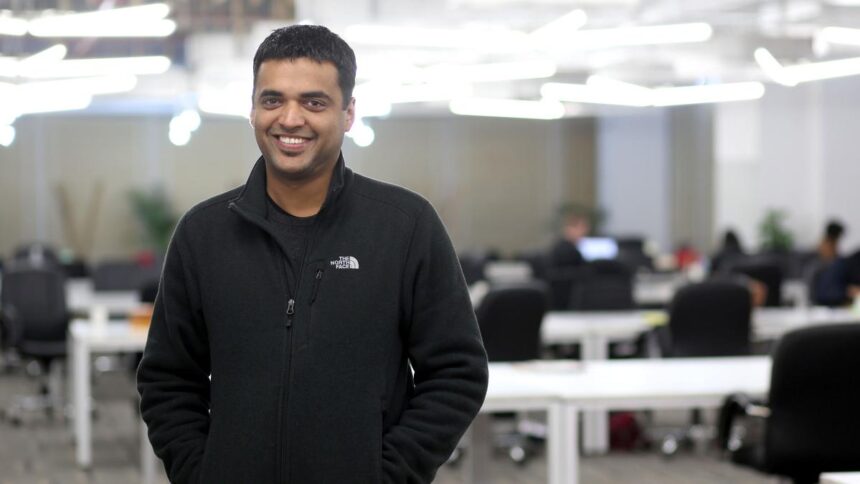Mauritius is working with Indian counterparts to institute norms for companies to demonstrate a functioning base and real business activity in the jurisdiction it is said to be operating to avert the country on the eastern coast of Africa from being utilised as a “letterbox or a post-box like-structure” for round tripping of investments, Mauritius’ Financial Services and Economic Planning Minister Jyoti Jeetun said in an interaction with The Hindu.
What all markets and opportunities is Mauritius seeking to explore in India?
India is growing as an economy, and it is spectacular what is happening in India, which is projected to become the third largest economy in the world.
As India’s economy is growing, we feel that Mauritius’ financial services sector could grow into that. The double taxation treaty has been amended. A new protocol has been instituted with a few changes, which are still being fine-tuned, and some details are being finalised. I hope that is going to happen very soon because discussions have been taking place since I took over the ministry, and we have been in government since November last year.
Essentially, we want to finalise the protocol amending the double taxation treaty and really want to work with the Indian government, businesses and enterprises in India to spur not just the financial services sector but also other sectors as renewable energy, fintech, healthcare and ocean economy, among others. There are immense opportunities to grow with India.
We are also working on trade in goods and services. We, as a small country, import most of our stuff and pay in dollars. Whereas with India, we are working on trading in local currencies. It would be a game-changer wherein we settle in local currencies and do not have to deal with U.S. dollars.
Why should an Indian investor look at Mauritius?
As an Indian investor, if you are looking to grow your business internationally, Mauritius could be your gateway to Africa. We are a member of the African Union, which gives you access to 54 countries in the African region, and we are part of the COMESA, or the Common Market for Eastern and Southern Africa, among other agreements we have with African countries.
Also, Mauritius has an ecosystem. We have had a financial sector for thirty years. We have developed an ecosystem that helps set up head offices in the country and invest in other countries. Mauritius is a country that you know culturally, you are close to the country and it sets the base to invest in Africa. Fintech, for example, has huge potential (in Mauritius) with a view to Africa. We are a small country with a small population, but Africa is a very large continent. The idea for fintech development, for example, would be to associate with Indian businesses, set base in Mauritius and target the African countries. There are already a few payments IT companies settled in Mauritius and doing business in Africa.
Is Mauritius’ ageing population and mismatch in labour supply not a deterrent for potential investors?
It is true that Mauritius has a demographic challenge with the working age population on a downward trend. We are trying to mitigate that by having policies, among other things, that are opening to immigration. These include allowing foreign labour, including skilled labour, in a number of sectors.
Additionally, we are also working on training and capacity building to reskill people with newer technologies in newer areas to make sure the (labour) mismatch is as minimal as possible. We are also trying to put in place a diaspora scheme to encourage Mauritians who left to study and never returned, to come back.
But essentially, Mauritius is perhaps no longer a country where you would do low-cost manufacturing. That is not the sort of industry (here) because we do not have the workers anymore in low-skill manufacturing, but we can certainly do well in skill-based sectors, such as financial services, information technology and fintech, among others. We are making sure that our training and systems are in place for that.
During Prime Minister Narendra Modi’s visit this March, Mauritian Prime Minister Navinchandra Ramgoolam had mentioned addressing red tape and bureaucracy for Indian businesses wanting to come to Mauritius. What steps being taken in this regard?
Ease of doing business at the national level, and in my sector (financial services), is our topmost priority.
I can share about our Financial Services Strategy report following wide consultations with industry stakeholders. Among the five pillars agreed upon, one of them related to ease of doing business. We need to reduce the number of days it takes to acquire licenses and permits, among other things.
Targets have been given to the Financial Services Commission. We have also put a working group in place, with operators and private sector players, to work with authorities on what the bottlenecks are and how to resolve them. The same is happening at the Economic Development Board at the national level. They deal with FDIs from investors in all sectors.
We are working very actively because it is our mission to grow our economy. Thus, we cannot delay investors because there is competition out there. If we take too long, they will go somewhere else.
When we speak of FDI, Mauritius comes to be associated with alleged round-tripping of investments. How is Mauritius looking at this and do you think more needs to be done?
A lot of work has been done and is continuing to be done with regard to bringing substance requirements. This is to demonstrate substance so that Mauritius is not used as a letter box or a post box-like structure, which allows round-tripping. There are ongoing discussions between Indian authorities and Mauritian counterparts. I hope we can finalise that very soon.
You (entities) must show substance in terms of having an office there, an operating base, incurring expenses and making things happen.
I cannot give details about threshold amounts and other specifics right now, for they are still in discussion, but for sure we are working towards robust legislation.
Mauritius is a growing economy and has drawn interest from both China and India. What is your approach to the competing interests?
We are a small island in the middle of the Indian Ocean. Within our region, we have China as a large economy, India which has been our partner for a very long time and then African continent on the other side. Our policy is really towards all the countries in the neighbourhood and Middle East with whom we have trade in services, and tourism.
My government is friendly to all countries; some are more special than others, but we are friendly with all countries.








